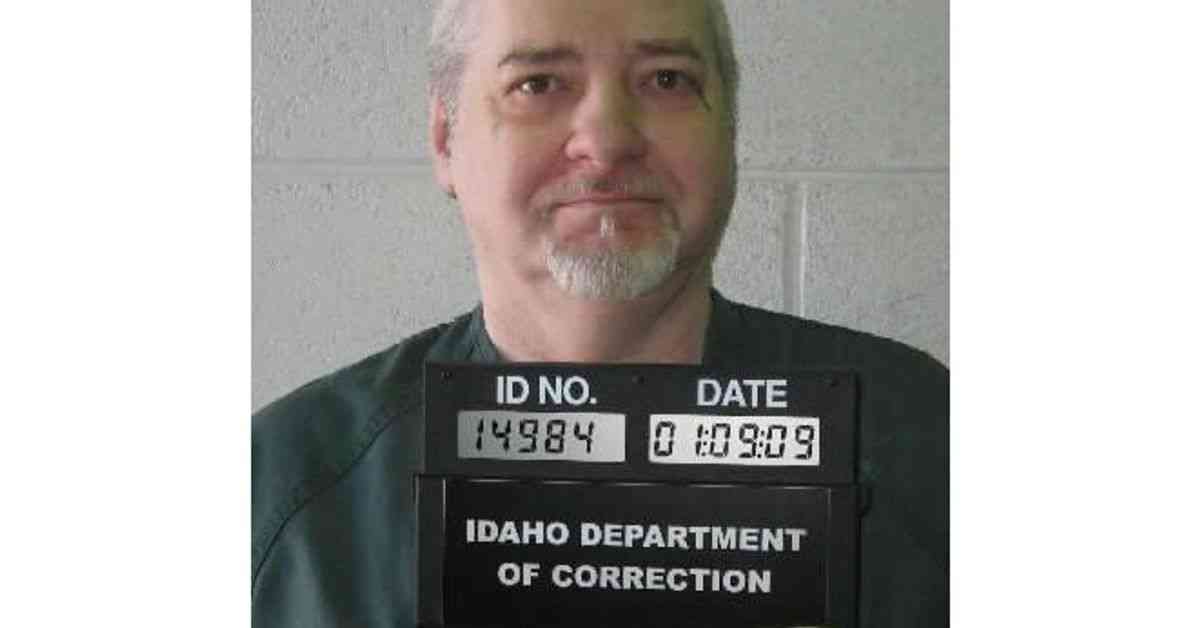Idaho Department of Correction recently announced a new plan to use central veins deep in the groin, neck, chest, or arm for lethal injections if standard IV lines fail during executions. This backup plan has been in place for a while but has never been utilized due to concerns about protecting the dignity of the inmate during the process. The decision to renovate the execution chamber came after a failed execution attempt in February, where multiple efforts to establish a peripheral IV line for Thomas Eugene Creech were unsuccessful.
Creech’s defense attorneys have raised concerns about the potential for cruel and unusual punishment with a second execution attempt, but a state judge dismissed these arguments in September. The renovations to the execution chamber will include a separate room where a doctor can insert a central venous line, providing a more secure and effective method for administering lethal injections.
Unlike some states that keep the insertion of IVs hidden from witnesses, Idaho requires that the process be publicly witnessed as ruled by the 9th U.S. Circuit Court of Appeals. To accommodate this requirement, a closed-circuit camera system will allow media witnesses and selected individuals to observe the insertion of the central line in a separate room before the condemned person is moved to the main execution chamber for the rest of the process.
While standard peripheral IV lines are relatively easy to establish by medical professionals, central venous catheters require more expertise and are typically done by doctors. These procedures involve accessing larger vessels like the jugular or femoral veins, which can pose risks such as bleeding or inadvertent puncture of nearby organs if not done correctly. By implementing this new method, Idaho aims to ensure a more reliable and humane process for carrying out executions.
The use of central veins for lethal injections raises ethical and legal questions about the nature of capital punishment. Some argue that any method of execution, regardless of how it is administered, is a violation of human rights and should be abolished altogether. On the other hand, supporters of the death penalty believe that it serves as a necessary form of justice for heinous crimes.
As the debate continues, it is crucial for states like Idaho to prioritize transparency and professionalism in their execution procedures. By updating their protocols and facilities to accommodate more effective methods, they can uphold standards of dignity and respect even in the most challenging circumstances.









